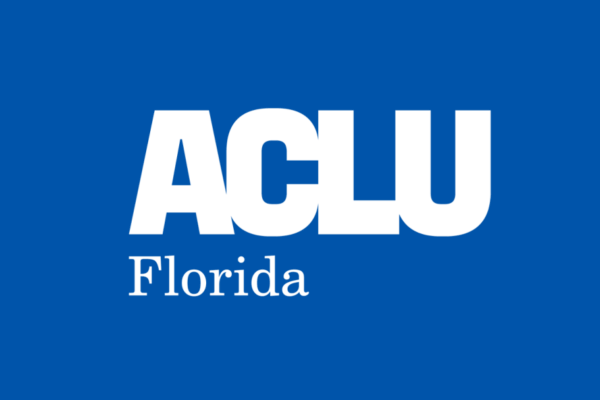Orlando, FL — A state employee has filed a federal lawsuit against the Eastern Florida State College (EFSC) Board of Trustees, alleging she was unlawfully fired in retaliation for private, non-threatening social media posts protected under the First and Fourteenth Amendments.
Erika Santos, a longtime EFSC employee, was rehired by the college in February 2025 as a Grant Accountant. On September 18, EFSC’s Human Resources department received an anonymous letter enclosing screenshots from Santos’s private Facebook page showing posts she shared with her friends following reports of Charlie Kirk’s killing. The posts discussed Kirk’s well-documented views on sexual assault, abortion, and school shootings—issues of public concern that Santos commented on in her personal capacity.
Nevertheless, Santos was immediately suspended without pay “pending investigation of [her] recent social media posts regarding Charlie Kirk.” After a month-long investigation, EFSC’s internal memo acknowledged that the posts were not publicly available and cited no evidence of disruption to campus operations or safety concerns. Despite this, Santos was terminated on October 16, 2025, for comments EFSC described as “repugnant, divisive, political in nature, and undermining public confidence in EFSC’s ability to provide an educational environment free from discrimination based on political affiliation.”
“This case is about a simple principle: the government cannot punish people for expressing opinions it doesn’t like,” said Michelle Morton, Staff Attorney of the ACLU of Florida. “That’s exactly what happened here. Santos joined a public debate and expressed her own views; her state bosses disagreed with those views and fired her—a clear First Amendment violation. Meanwhile, other employees who shared inflammatory political content about other political figures were not disciplined. They still have jobs. That’s not just unfair—it’s unconstitutional.”
The lawsuit highlights that EFSC selectively enforced its policies, targeting Santos while ignoring similar or worse behavior by others. One EFSC security department employee, for example, shared a public post implying that former President Obama supported the 9/11 attackers—and remains employed.
“I never imagined that exercising my right to express any political opinion—especially privately—could cost me my job,” said Erika Santos. “What kind of democracy do we really have if the government can punish you for what you believe? Suddenly, my ability to pay my mortgage and my child’s daycare became uncertain. Given that I reside in Florida, where prices are just as high as anywhere else, it’s understandable how devastating this entire situation has been. My heart aches for the EFSC community because I am part of it, too. I spent years getting to know my colleagues, working alongside them, and I’ve lived in the area my whole life. Everyday people like myself work and study there. This could have happened to anyone—it just so happened to be me this time.”
Santos seeks damages and injunctive relief for violations of her First and Fourteenth Amendment rights. She is represented by the ACLU of Florida and the law firm of Kwall Barack Nadeau PLLC.
“In the wake of Charlie Kirk’s killing, Americans across the political spectrum expressed grief, anger, and debate online,” said Ryan Barack, Partner at Kwall Barack Nadeau PLLC. “Instead of respecting free expression, Florida officials have turned disagreement into grounds for dismissal. Through this lawsuit, we’re standing up for every public employee whose rights have been chilled by government retaliation.”
The lawsuit can be viewed below.
Stay Informed
Sign up to be the first to hear about how to take action.
By completing this form, I agree to receive occasional emails per the terms of the ACLU’s privacy statement.
By completing this form, I agree to receive occasional emails per the terms of the ACLU’s privacy statement.

